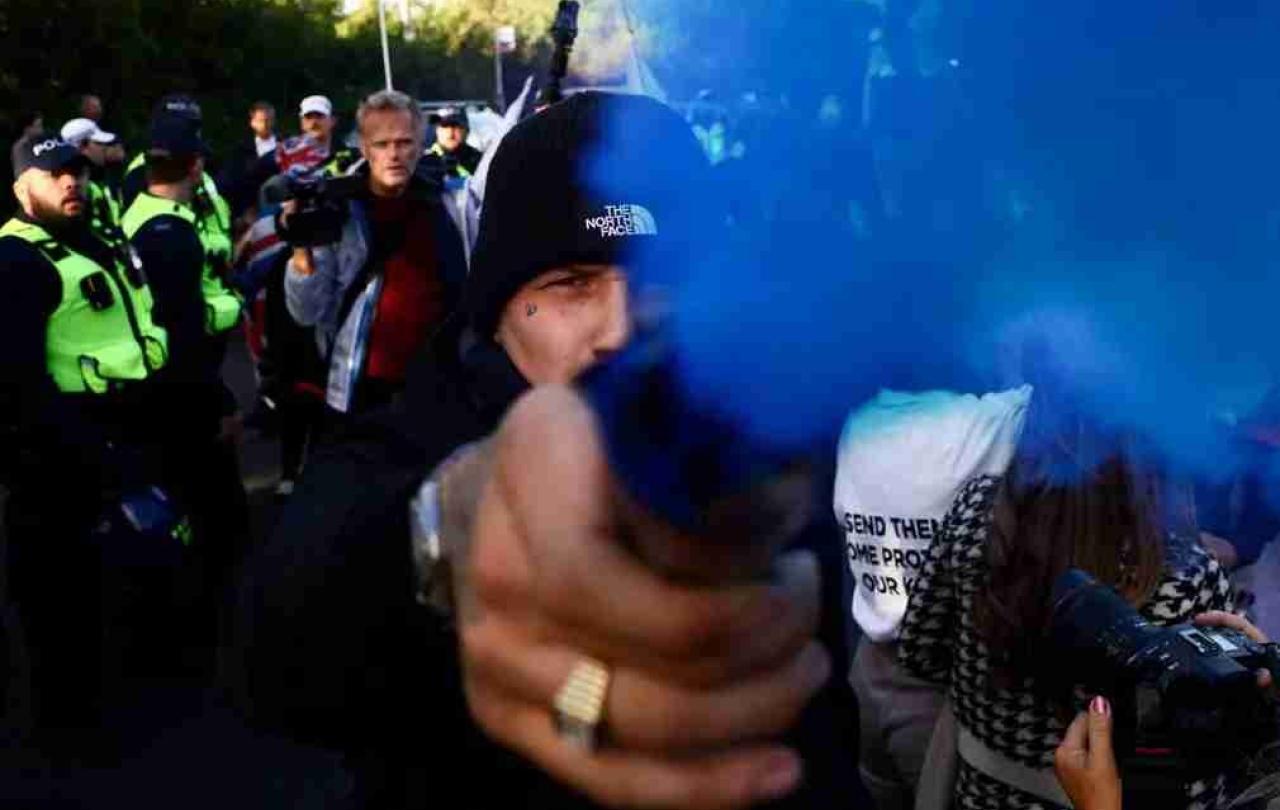
People have lost confidence in leaders and institutions. Can politics and public life be re-enchanted? Lord Michael Hastings of Scarisbrick is an independent peer in the House of Lords who has worked in business, education and international development. He tells Justin Brierley and Belle Tindall about growing up in Jamaica and the UK, and how his faith has led him to 'bend the power of the prosperous to the potential of the poor'.
There’s more to life than the world we can see. Re-Enchanting is a podcast from Seen & Unseen recorded at Lambeth Palace Library, the home of the Centre for Cultural Witness. Justin Brierley and Belle Tindall engage faith and spirituality with leading figures in science, history, politics, art and education. Can our culture be re-enchanted by the vision of Christianity?





